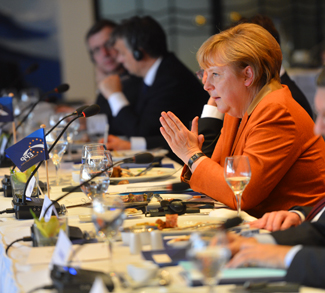Summary
Given the long history of failed Turkish-EU ascension talks and the continuing political upheaval in Turkey, the issue of Turkey joining the EU has long been a moribund one. But speculation is now mounting that by voting to leave the European Union, Britain will inadvertently create a kind of blueprint for a closer kind of customs union, one that can be used to improve ties with politically sensitive countries such as Ukraine or Turkey without actually bringing them into the EU. This would allow for better economic ties without the need for the kinds of fundamental political reforms which are a prerequisite for EU membership. It would also circumvent the requirement for the free movement of labor, which has become a cause celebre of anti-Brussels nationalists across the Continent.
Background
Strained Germany-Turkey ties. The idea of a special deal was first suggested by senior politicians in Germany, a country whose up-and-down relationship with Ankara often serves as a bellwether for EU relations with Turkey’s autocratic president, Recep Tayyip Erdogan. The most important EU member, Germany has been a heavy investor in Turkey for decades, with close ties between the two countries dating back to the pre-WWI era. Today there are almost 6,400 German companies active in Turkey’s economy and German investments there between 2002 and 2015 amounted to nearly $8.5 billion. Even today Germany remains the country’s leading trading partner; it is also the largest export market for Turkish products, with bilateral trade between the two countries valued at $34.8 billion in 2015.




